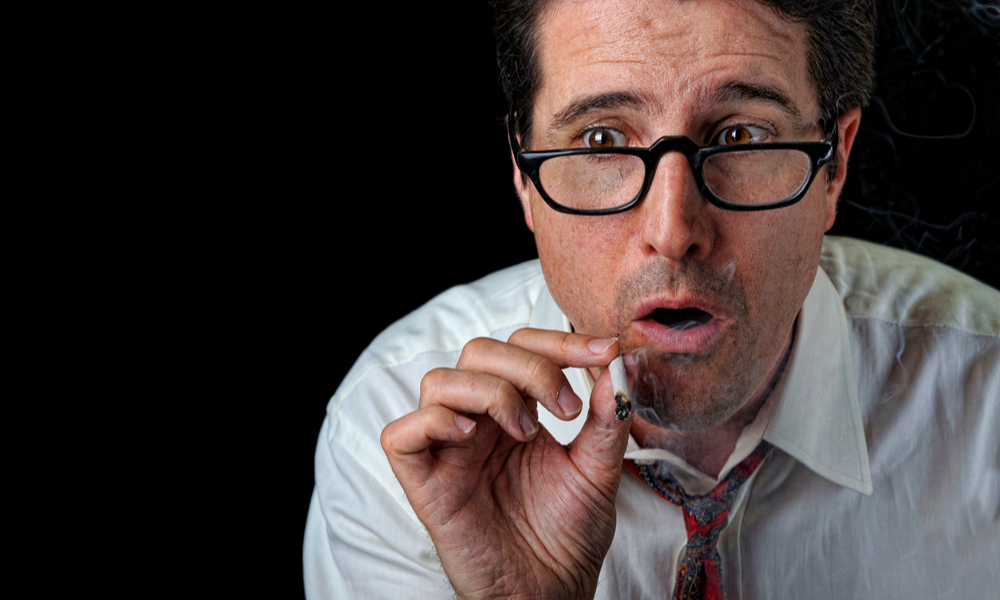How will edibles impact the workplace?

In the months leading up to cannabis legalization, employers are worried marijuana would lead to dangerous work environments.
One year later, with edibles, extracts and topicals available for sale in mid-December, those fears haven’t faded.
About 60 per cent of businesses in a survey from the Conference Board of Canada (CBOC) this August showed concern, but also had no zero-tolerance policies in effect.
A recent series by The GrowthOp also revealed Canada doesn’t enforce any drug-testing policies in the workplace, leaving employers with few options.
“Some organizations feel really strongly they can justify the zero-tolerance policy, especially if workers are in safety-critical positions like in construction or manufacturing, but there’s also a risk to putting a zero-tolerance in place because there’s no legislation around this,” Monica Haberl, a senior research associate in human resources with the conference board, said.
“Unions or other organizations could approach them and say they’re violating the human rights of the worker or their privacy rights and what they do on their own time. Not every organization is willing to put their neck out there, even if they feel it’s the right course of action for the safety of their employers.”
The new wave of products like edibles could pose a number of challenges as they are drastically different from the regular joint.
Edibles are more difficult to detect and take longer to kick which means some could head to work thinking they’re sober and end up under the influence — it could also lead people to take way too much if they’re impatient.
Edibles may also attract a new wave of users because it isn’t burdened by the same stigma attached to smoking.
But Jordan Crosby, an issues manager with the Ministry of Border Security and Organized Crime Reduction, thinks there isn’t any excuse to show up to work stoned.
“Employees have a duty to work safely. Those who are not fit to do so may pose serious health and safety risks to themselves, their co-workers and the general public,” he said.
The Conference Board of Canada notes there isn’t any perfect method to test for drugs at work, which could be an issue since a recent report showed, “half a million current cannabis users acknowledge they have consumed cannabis before or during work — an unsettling finding for those organizations operating in safety-sensitive environments.”
While drug-testing at work is rare, urinalysis is the “gold-standard” for this right now and there are more technologies like THC breathalyzers entering the market as well.
“The potential for individuals being impaired and actually not knowing they are shines a spotlight on how we have to get better ant understanding the impact of this,” Bryan Benjamin, CBOC vice president said in a phone interview.
420 Intel is Your Source for Marijuana News
420 Intel Canada is your leading news source for the Canadian cannabis industry. Get the latest updates on Canadian cannabis stocks and developments on how Canada continues to be a major player in the worldwide recreational and medical cannabis industry.
420 Intel Canada is the Canadian Industry news outlet that will keep you updated on how these Canadian developments in recreational and medical marijuana will impact the country and the world. Our commitment is to bring you the most important cannabis news stories from across Canada every day of the week.
Marijuana industry news is a constant endeavor with new developments each day. For marijuana news across the True North, 420 Intel Canada promises to bring you quality, Canadian, cannabis industry news.
You can get 420 Intel news delivered directly to your inbox by signing up for our daily marijuana news, ensuring you’re always kept up to date on the ever-changing cannabis industry. To stay even better informed about marijuana legalization news follow us on Twitter, Facebook and LinkedIn.




